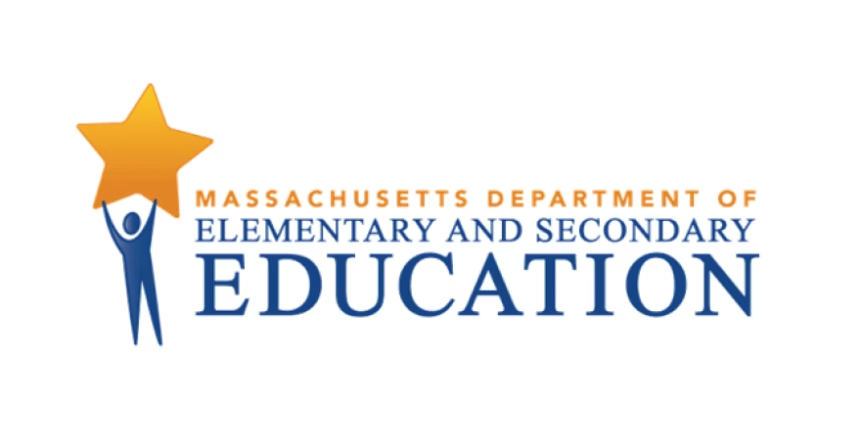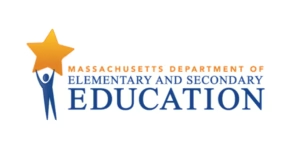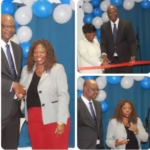The Healey-Driscoll administration announced Tuesday a comprehensive reform to create an alternative pathway to the teaching profession in Massachusetts. The proposal would allow qualified candidates to bypass one of two required exams under certain conditions, addressing longstanding teacher shortages and the significant demographic disparity between the state’s student population and its educator workforce.
The initiative, unveiled at a press conference in Everett, stems from the Mass Leads Act, legislation signed by Governor Maura Healey in November 2024. It represents a broader strategy to expand recruitment pipelines, alleviate critical workforce shortages in schools, and better align the diversity of Massachusetts’ teaching staff with its increasingly diverse student body.
Maintaining rigor while expanding access
Under the proposal, candidates could waive one of the two exams comprising the Massachusetts Tests for Educator Licensure (MTEL)—the standardized assessment required for teacher certification—if they can demonstrate subject matter competency through alternative evidence.
Proposed eligibility criteria include:
- Current teacher certification from another state
- A comprehensive portfolio documenting professional competencies and classroom practices
- A master’s or doctoral degree in a relevant field
- Completion of an accredited teacher preparation program
- At least two years of documented classroom experience in a school setting
“Massachusetts is home to some of the nation’s best teachers,” Governor Healey said at the announcement. “By expanding pathways to the profession—whether through portfolios, preparation programs, or partnerships with higher education—we can attract even more talented educators, particularly to some of our most under-resourced schools and districts.”
Lieutenant Governor Kim Driscoll emphasized the need for diverse assessment methods. “Massachusetts maintains high standards for teachers, and we recognize that not everyone demonstrates knowledge in the same way or enters the profession with identical backgrounds,” Driscoll stated. “This proposal creates meaningful new pathways for aspiring educators while preserving the excellence our state is known for.”
Addressing a critical diversity gap
A central goal of the reform is to narrow the striking disparity between student and educator demographics. While more than 45 percent of Massachusetts public school students are people of color, only approximately 10 percent of the teaching workforce represents minority groups.
This gap has significant implications for student outcomes. “Research consistently shows that students perform better when taught by educators who share their backgrounds and understand their lived experiences,” said Secretary of Education Dr. Patrick Tutwiler. “Building a more diverse teaching workforce is essential to preparing every student for success.”
Commissioner of Elementary and Secondary Education Pedro Martinez stressed the careful balance the administration is attempting to strike. “Our goal remains placing effective teachers in front of every student. This proposal offers reasonable flexibility while maintaining rigorous standards that protect educational quality,” Martinez said.
Collaborative development informed by stakeholders
The proposal emerged from extensive consultation with the education community. The Department of Elementary and Secondary Education (DESE) assembled both an internal working group and an external advisory committee comprising more than 200 education system stakeholders. The department also conducted extensive stakeholder engagement in spring 2025 with teachers, administrators, education advocates, and community organizations.
The Board of Elementary and Secondary Education voted Tuesday to officially submit the proposal for public comment, reflecting support for the reform’s underlying goals while acknowledging the need for broader input.
Public comment period extends through January 20
The Board has opened a formal public comment period running through January 20, 2026. Details for submitting feedback will be published on the DESE website, which will accept written comments, testimony, and recommendations from educators, students, school leaders, parents, and community organizations.
This comment period represents a crucial stage in the proposal’s development. Feedback may lead to modifications before the Board considers a final vote on implementing the new licensure pathway.
Part of a broader reform agenda
This initiative builds on other teacher-related reforms undertaken by the Healey-Driscoll administration. In February 2025, the administration proposed alternative assessments to supplement or replace the MTEL exam. The Board voted unanimously to make those alternative assessment options permanent, signaling strong institutional support for modernizing the licensure process.
The current proposal represents an additional step in removing barriers deemed excessive, particularly for experienced practitioners and advanced degree holders, while maintaining Massachusetts’ reputation for rigorous educator standards.
Looking ahead
The administration faces a dual imperative: addressing acute teacher recruitment challenges in a competitive labor market, and correcting a structural imbalance in the demographic representation of the teaching force relative to the student population.
Secretary Tutwiler articulated the shared conviction underlying these initiatives: “Every Massachusetts student deserves the opportunity to learn from qualified, effective teachers who reflect the diversity of our Commonwealth. These reforms move us closer to that goal.”
Public input over the coming weeks will be instrumental in shaping the final framework, with implementation likely by the 2026-2027 academic year if the Board approves the proposal following the comment period.








